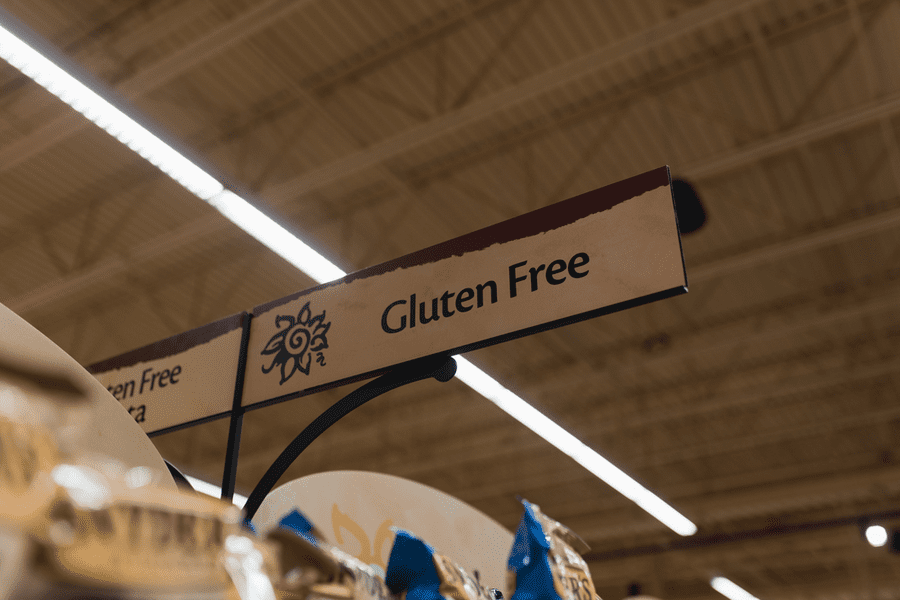
Celiac disease patients can eat yogurt, pickles, sauerkraut and other fermented and hydrolyzed products labeled gluten-free without fear that they might actually contain gluten as a result of a final Food and Drug Administration rule for foods with these ingredients.
Under the rules announced today, foods and ingredients must meet the definition of “gluten-free” before fermentation or hydrolysis occurs because gluten proteins that go through these processes are no longer intact and, currently, cannot be adequately detected and quantified through testing, according to the FDA.
“This is big news for celiac disease patients,” said Alice Bast, CEO of Beyond Celiac. “By requiring that hydrolyzed and fermented ingredients be gluten-free from the start, the FDA is helping keep those with celiac disease safe and ensuring that gluten-free labeling enables us to eat without fear.”
Foods that contain soy sauce and malt ingredients, which have caused a lot of uncertainty for consumers even when products have a gluten-free label, are covered under the new labeling requirements. Malt ingredients are typically made from barley and soy sauce is usually made with wheat, two grains that contain gluten.
The FDA final rule on fermented and hydrolyzed ingredients closes a gap in labeling requirements that had been unresolved since the FDA first defined use of the gluten-free label in 2013 under the Food Allergen and Consumer Protection Act (FALCPA). The definition of gluten-free on a label is not changed by the new final rule.
Cheese, green olives, FDA-regulated beers and wines, and hydrolyzed plant proteins used to improve flavor or texture in processed foods such as soups, sauces, and seasonings are other hydrolyzed and fermented foods highlighted in the FDA announcement.
In announcing the new requirements, Health Human Services Secretary Alex Azar noted that he is among those who will benefit.
“These new compliance requirements for labeling a product ‘gluten-free’ will protect individuals with celiac disease, an incurable, hereditary disorder that millions of Americans, including myself, live with,” he said. “The FDA’s final rule helps to ensure common products labeled ‘gluten-free’ really are gluten-free, equipping consumers to make the best choices for their health and their families.”
The FDA will determine compliance based on records kept by the manufacturer to show that their foods are gluten-free before fermentation or hydrolysis. Manufacturers will have to show that they have adequately evaluated the potential for cross-contact with gluten during the manufacturing process and if necessary, put measures in place to prevent the introduction of gluten into the food during the manufacturing process.
In addition, under the final rule the FDA will evaluate whether distilled foods such as vinegar comply by verifying they don’t contain gluten using scientific methods that can reliably detect the presence of gluten protein, including fragments, in distilled food.
Opt-in to stay up-to-date on the latest news.
Yes, I want to advance research No, I'd prefer not to